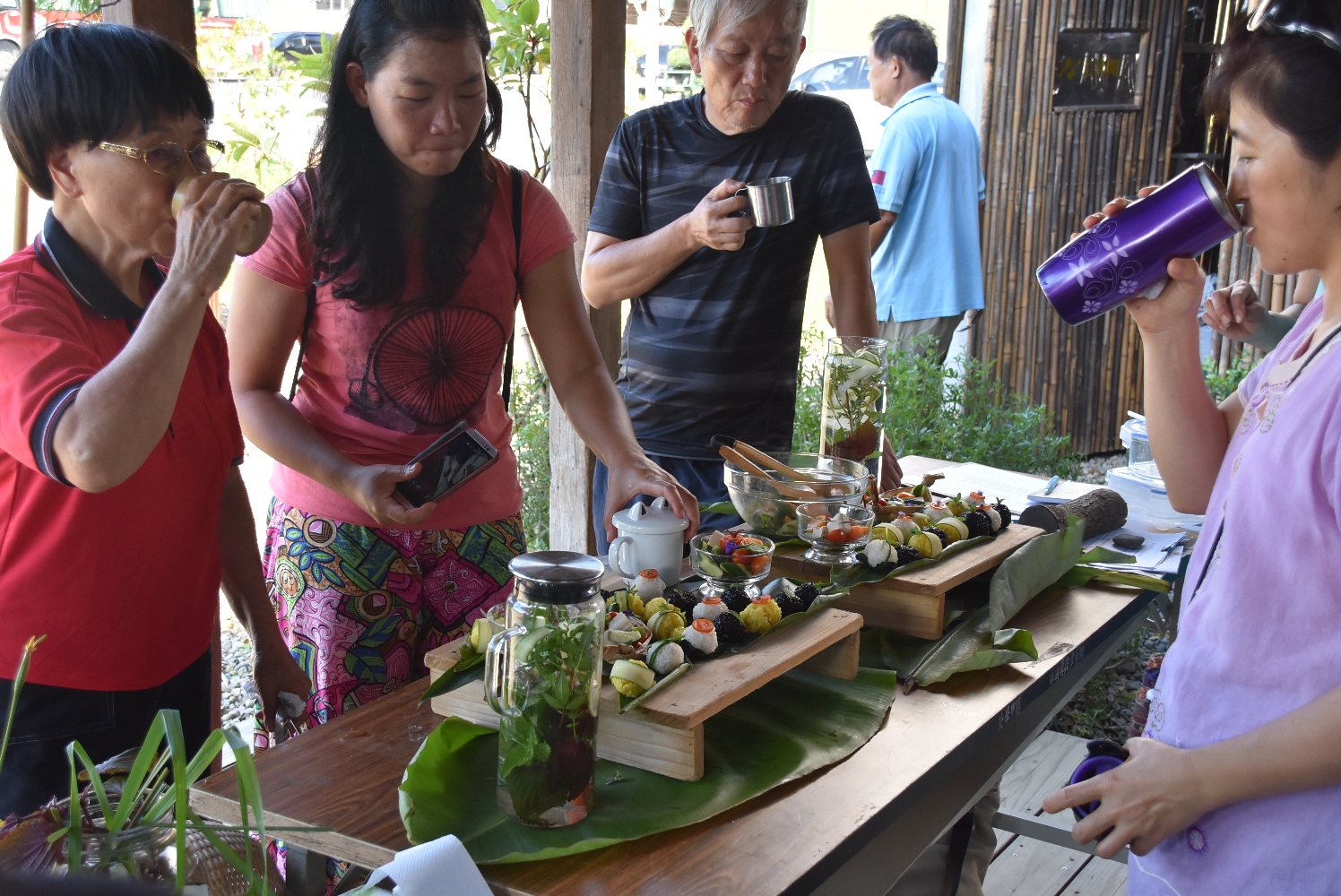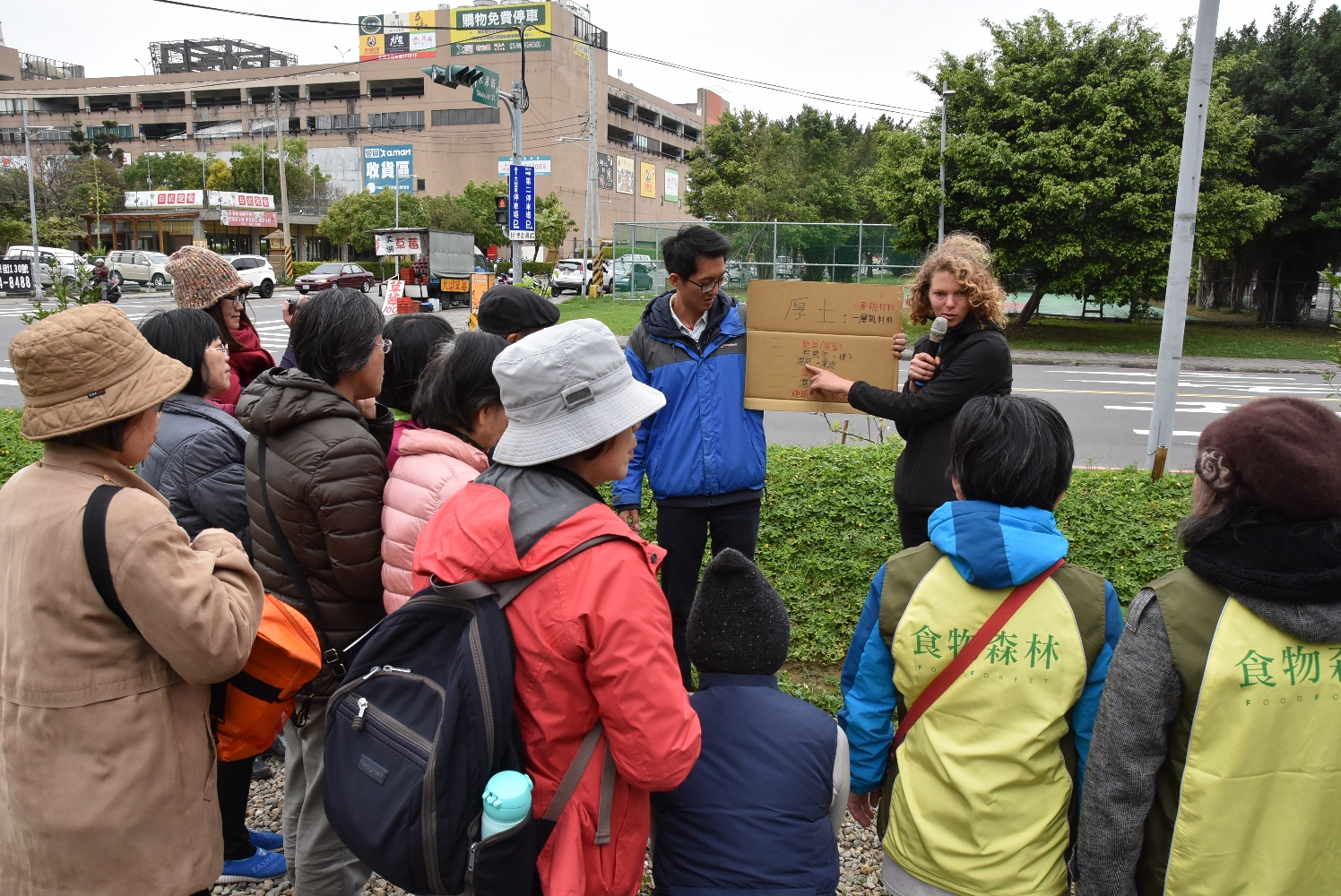


Community engagement is very important in order to gather leverage support, grant funding, and general involvement. To ensure continuous involvement of the community/volunteer, providing educational opportunities for personal development is crucial. In our solution, these opportunities include attending educational workshops or work parties at the food forests, taking leadership at a work party, joining the core team to learn and participate in food forest development, planning educational or fundraising events...etc.
Technical knowledge and skills are offered through monthly work parties. People may learn new skills by doing hands-on work, and exchange problems/challenges that they face when implementing skills at home. Some topics we've held include making compost, bee hotels, turning garbage into enzymes, make-your-own toothpaste, and much more.
Providing educational opportunities can also help getting involvement from schools and universities. We receive many inquiries from schools for site visits. Teachers and students would come and learn about trends and social activities in the real world and can benefit from the holistic way of learning by balancing the use of head, hand, and heart when working in the food forests.
1. Create fun and knowledgeable workshops/events that incorporate hands-on activities and reflection.
2. Patience and respect for individual differences: there is no definite answer in a food forest and every person learns and does work differently. Patience and respect are crucial to facilitate a successful educational event.
3. Pro-active outreach can help get the event word out and attract many more participants and even potential educators.
It should be a high priority to establish larger groups that are committed to the project, in order to prevent the project from falling into disarray if the core people are no longer able to participate. Our primary participants are the elderly living next to the site. While they are devoted to taking care of the site, they may not be able to take the lead in organizing educational events or outreach. So we decided to reach out to local schools and organized tree-planting activities in order to attract new volunteers of new ages. The teachers were very happy about these educational opportunities, and the children and their parents continued to visit their trees after the event.
Educational events should be fun and applicable in the participants' daily life. At the same time, creating a fun and enjoyable learning group can be as important as coming up with an attractive topic.